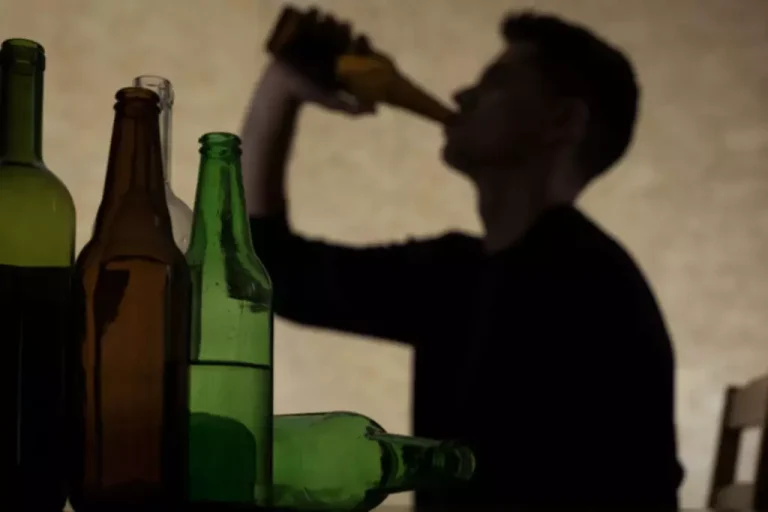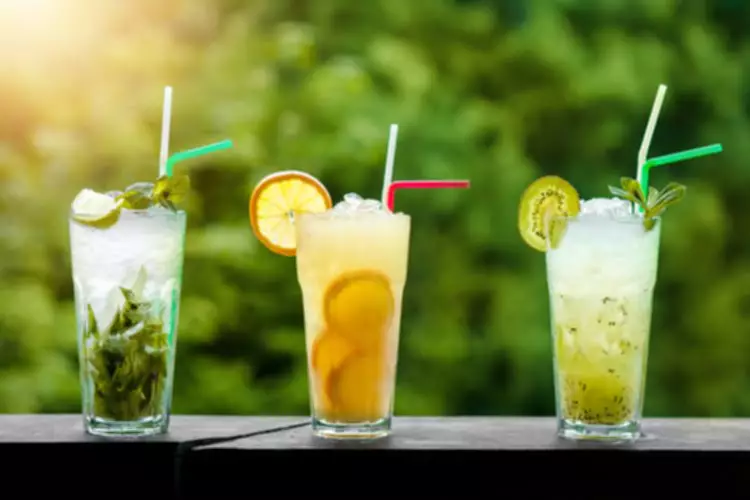
This is a critical stage where they are torn between staying sober and going back to substance abuse. By recognizing this stage, it is possible to https://ecosoberhouse.com/ seek help and prevent the next stage from occurring. Mental relapse is the stage of relapse when a person starts having active thoughts of using drugs or alcohol because of the emotions experienced during the emotional relapse. For example, they may start fantasizing about using drugs, making plans to meet old drinking buddies, or wondering where and how they can obtain drugs or alcohol.

CBT is a form of psychotherapy that helps identify negative thoughts that lead to substance abuse. CBT effectively reduces the risk of relapse and is an integral component of the recovery process. Relapse prevention is a critical aspect of addiction recovery, but it comes with psychological, social, or environmental challenges, making it essential to develop effective strategies to overcome them. According to a study by the National Institute on Drug Abuse, approximately 40-60% of individuals in recovery experience at least one relapse. In the modern age, technology plays an increasingly important role in supporting relapse prevention (RP) efforts. Mobile apps, biosensors, and other digital tools provide innovative ways to help individuals maintain their recovery, monitor their progress, and stay connected to support networks.

At 12 South Recovery, we’re committed to empowering individuals on their journey to lasting sobriety. Our comprehensive approach to addiction treatment integrates evidence-based therapies, relapse prevention strategies, and holistic support services to address the unique needs of each individual. Embarking on the journey to recovery from drug and alcohol addiction is a commendable endeavor. However, it’s important to acknowledge that the road to sobriety may not always be smooth. Yet, with the right knowledge, tools, and support, individuals can navigate relapse triggers effectively and prevent setbacks in their recovery journey. Relapse prevention planning helps people in recovery avoid relapse—which means using substances after a period of abstaining or reverting to unhealthy habits and thought patterns in mental disorders.
These are a collection of uncomfortable symptoms that a person experiences when they reduce or stop using drugs or alcohol. They occur while the body adjusts to the absence of the substance and are typically short lived. However, in some cases addiction withdrawal symptoms can last for several weeks or months and cause a person to relapse. The National Institute on Drug Abuse estimates that relapse rates from substance use disorders are 40-60%. Please continue reading to learn more about the three stages of relapse and how you can recognize and prevent setbacks in your journey of recovery. By prioritizing relapse prevention strategies, individuals can build the necessary skills and support to stay on the path to long-term recovery.
It is common, even what is relapse, and give 3 skills for preventing it from happening. expected, that people who are attempting to overcome addiction will go through one or even several relapses before successfully quitting. For example, someone who had completely stopped drinking for a period of time, say six months, would be experiencing a relapse if they began drinking in an unhealthy manner. If they had just one drink, they might be considered as having a "slip," but not a full relapse. A single use might cause a person to feel unmotivated, guilty, or ashamed of their actions. It can also result in intense cravings that then continue to further use.

Relaxing and taking time to do things that make you happy is another important part of self-care. Acknowledge that recovery is a difficult process and you’re doing the best you can. Eat a well-balanced diet with lots of fresh fruit and vegetables, lean protein, and whole grains. Following these healthy habits will help you feel better and more in control of your life. Remembering the reasons someone has for quitting alcohol or substance use may help them stick to their recovery plan, particularly when they are experiencing an urge to reuse.
Triggers can be internal, such as emotions and thoughts, or external, such as people, places, and situations. Relapse is not a failure but rather an opportunity to reassess and modify the addiction treatment plan. Similarly, when a person relapses to alcohol or drug use, it means they should talk to their healthcare team to resume, modify, or try a different approach to addiction treatment.
In the event of a lapse (short-term return to substance use) or full relapse, it can help to have a plan in place to help you return to your recovery process. You may want to discuss this with a professional or in a group setting, to receive advice and support. During or following a lapse, the first steps may include contacting trusted friends or your sponsor and accessing professional support. A key aspect of relapse prevention is learning how to recognize and regulate your emotions.